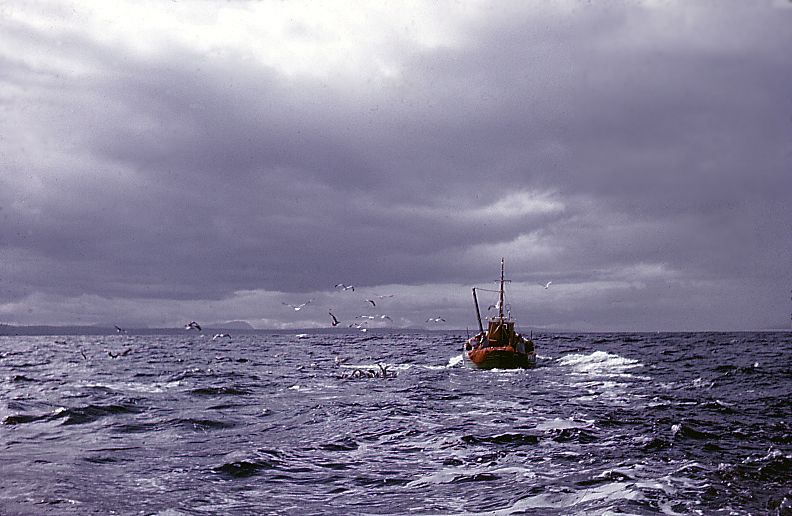
"The Pentland Firth is a raw, stormy sound between the Scottish mainland and the Orkney Islands, known for some of the world's fastest flowing marine waters.
Daily tides here reach 11 miles per hour, and can go as high as 18 – a breakneck current that's the reason people are describing Scotland as the Saudi Arabia of tidal power.Now Megan Garber reports in The Atlantic that a new tidal power plant, to be installed off the Scottish coast aims to make the Scotland a world leader for turning sea flow into electricity.
Underwater windmills, the BBC notes, have the benefit of invisibility—a common objection to wind turbines being how unsightly they are to human eyes.
Undersea turbines also benefit from the fact that tides are predictable in ways that winds are not: You know how much power you're generating, basically, on any given day.
The tidal currents are also completely carbon-free and since sea water is 832 times denser than air, a 5 knot ocean current has more kinetic energy than a 350 km/h wind.
MeyGen will face a challenge in that work: The turbines are incredibly difficult to install. The Pentland Firth is a harsh environment to begin with; complicating matters is the fact that the turbines can be installed only at the deepest of ocean depths so as not to disrupt the paths of ships on the surface.
They also need to be installed in bays or headlands, where tidal flows are at their most intense. It is an unbelievably harsh environment in which to build anything, let alone manage a vast fleet of tidal machines beneath the waves.
If each Hammerfest machine delivers its advertised 1MW of power, then you need 1,000 of them to hope to match the output of a typical gas or coal-fired power station.
"The real aim," says Keith Anderson, "is to establish the predictability which you get with tidal power, and to feed that into the energy mix which includes the less predictable sources like wind or wave.
The whole point of this device is to test that it can produce power, and we believe it can, and to show it's robust and can be maintained."
No comments:
Post a Comment